September 30, 2021
We all have our strengths and struggles.
By Rachel Wenner Ruzanic, MD
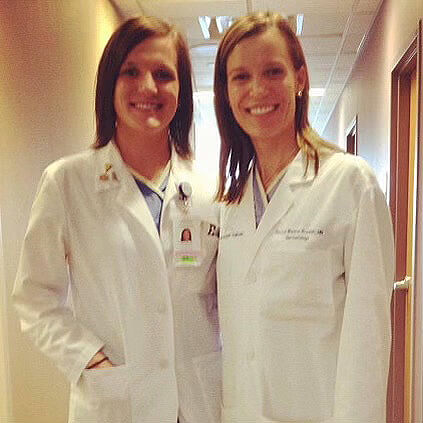
My little sister, Gretchen, was larger than life. Everything she did was absolutely brilliant. She was incredibly bright, creative, loving, and athletic. She was an amazing mother of three little children and a Staff Radiologist at Hennepin County Medical Center—and teaching Faculty of the Year. In our family, Gretchen was the youngest of four siblings—all of whom were physicians.
Gretchen Wenner Butler, MD died unexpectedly of suicide this year on March 5th.
Since then, a vulnerability has opened within me. We’re an extremely close family. We’re all in healthcare and we had so many protective measures. But nobody is immune to this. If it could happen in our family, it could happen in any family. And while there is so much that we’ll never understand, we’re trying hard to prevent this for someone else.
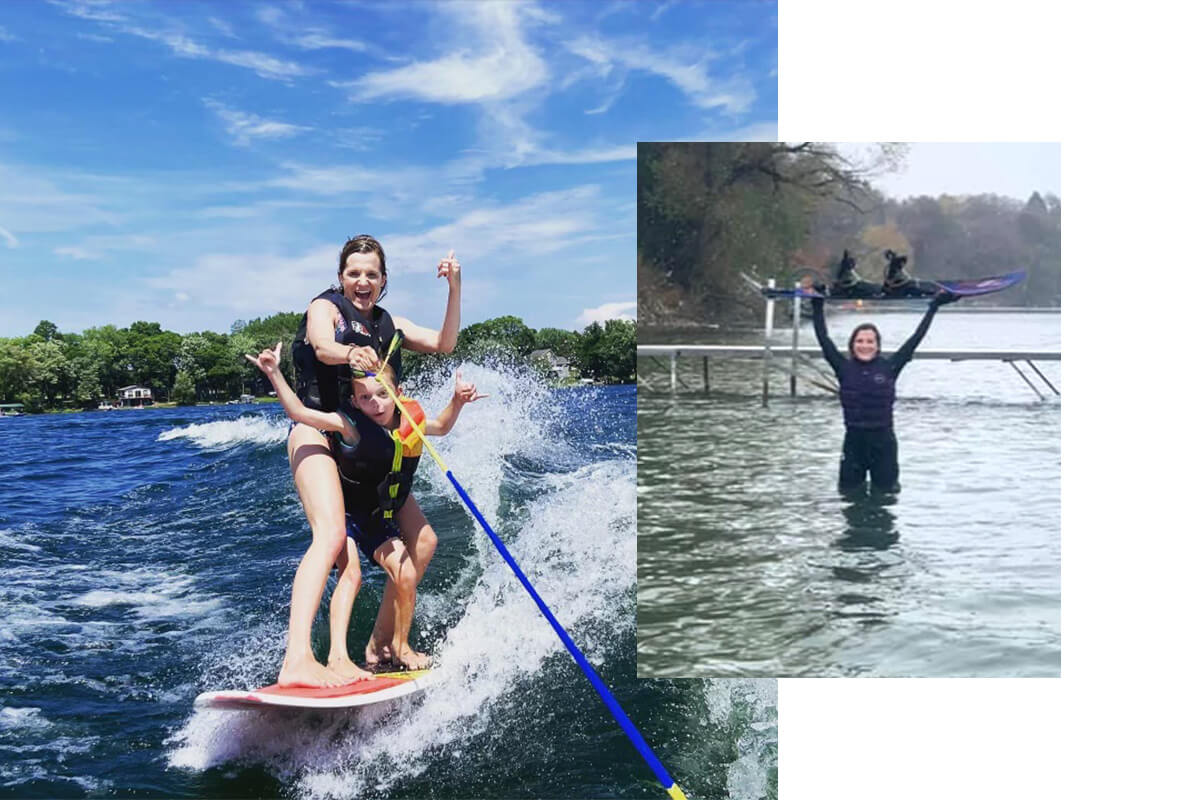
Gretchen was a bright star who burned out too soon.
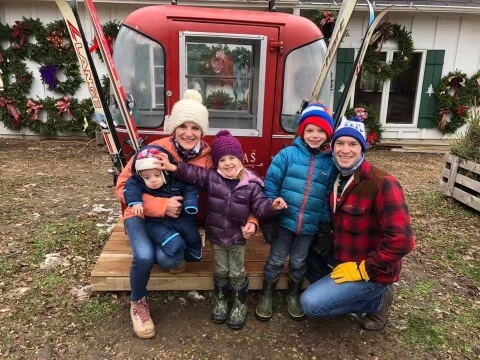
Emotional Toll
In medicine, we’re trained to take on hard things. We are trained to be resilient. Not only are the hours grueling and the work intellectually and emotionally challenging, we deal with the pressures and emotional toll of life and death on a regular basis. But we are not trained to process that. We are human beings, and while we are extremely resilient, there is a time when you just need to be able to ask for help and not feel that you need to solve all of the problems all of the time.
I think that contributed to Gretchen’s death.
Perhaps because we’re not yet very good at asking for help, it just needs to be given. It needs to be automatic. When you receive your white coat, a debriefing counselor should be assigned to you. Someone who checks in on you regularly. At this point in the game, we need a systemic change–something automatically indoctrinated into our day-to-day physician lifestyle.
In medicine, while we are taught resilience, there is a time when taking on one more thing is not the healthy thing to do.
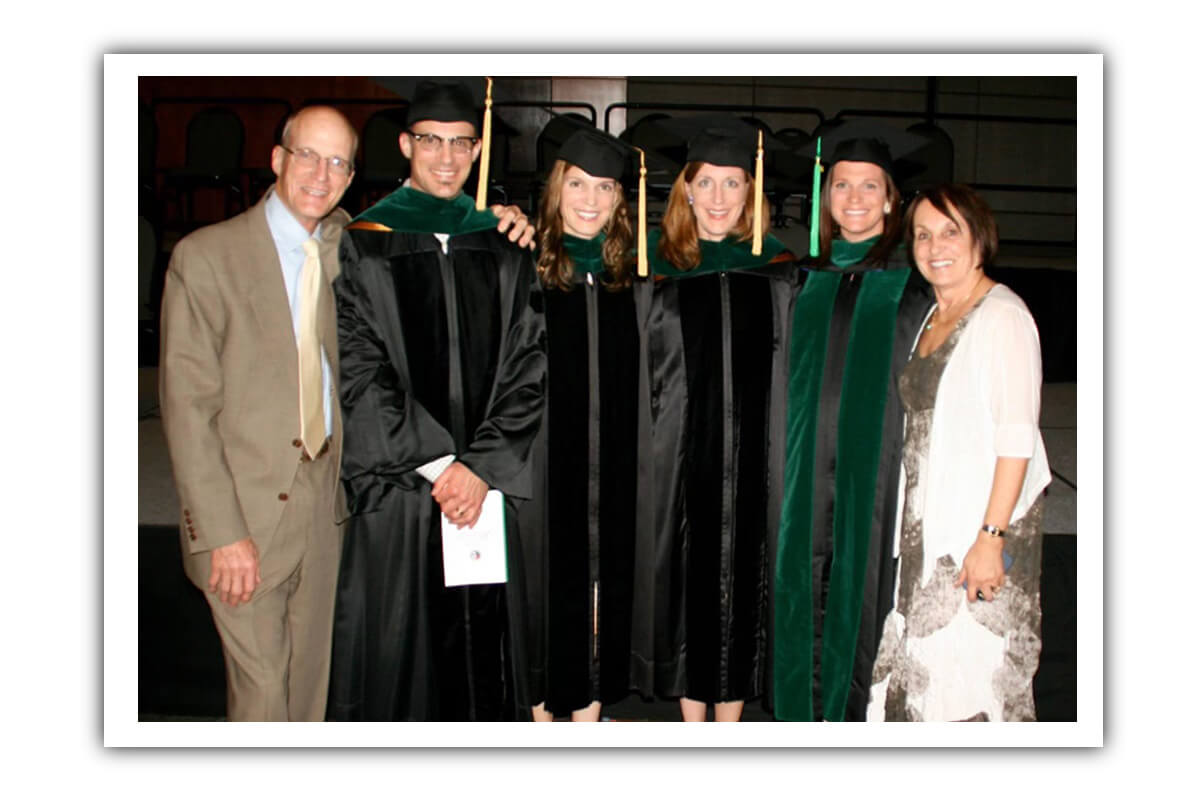
My Mantra
I’ve created a little mantra with my children, inspired by this terrifying vulnerability, as a constant reminder of our connected humanity: We all have our strengths and struggles. I recite it frequently just to remind us that it is all part of life. It’s a way to start those conversations at any age and to remind us all that there is always help and there is always hope; and that we are never alone.
In medicine, while we are taught resilience, there is a time when taking on one more thing is not the healthy thing to do. We also need to process and receive help.
Obviously, the pandemic has been hard on everyone. But I noticed in Gretchen, and I notice in myself, something that I have described as a leaky battery. A battery that is chronically being drained all the time. While the daily work is rewarding, it’s also grueling. And then, when you leave work—which is supposed to be your recovery and recharge time— you’re constantly trying to educate others. And then, when we are met with those who believe COVID is a hoax or those who refuse to follow the Healthcare Expert’s recommendations, it feels like a chronic slap in the face.
But in these past six months, I have Gretchen in the back of my mind. She has always inspired me, and she continues to do so. I hear her telling me to take care of myself. There’s so much work to be done in the world, but at the end of the day you’ve got to make sure you do what you need to do to take care of yourself…so you can get up again the next day and continue to try your best.
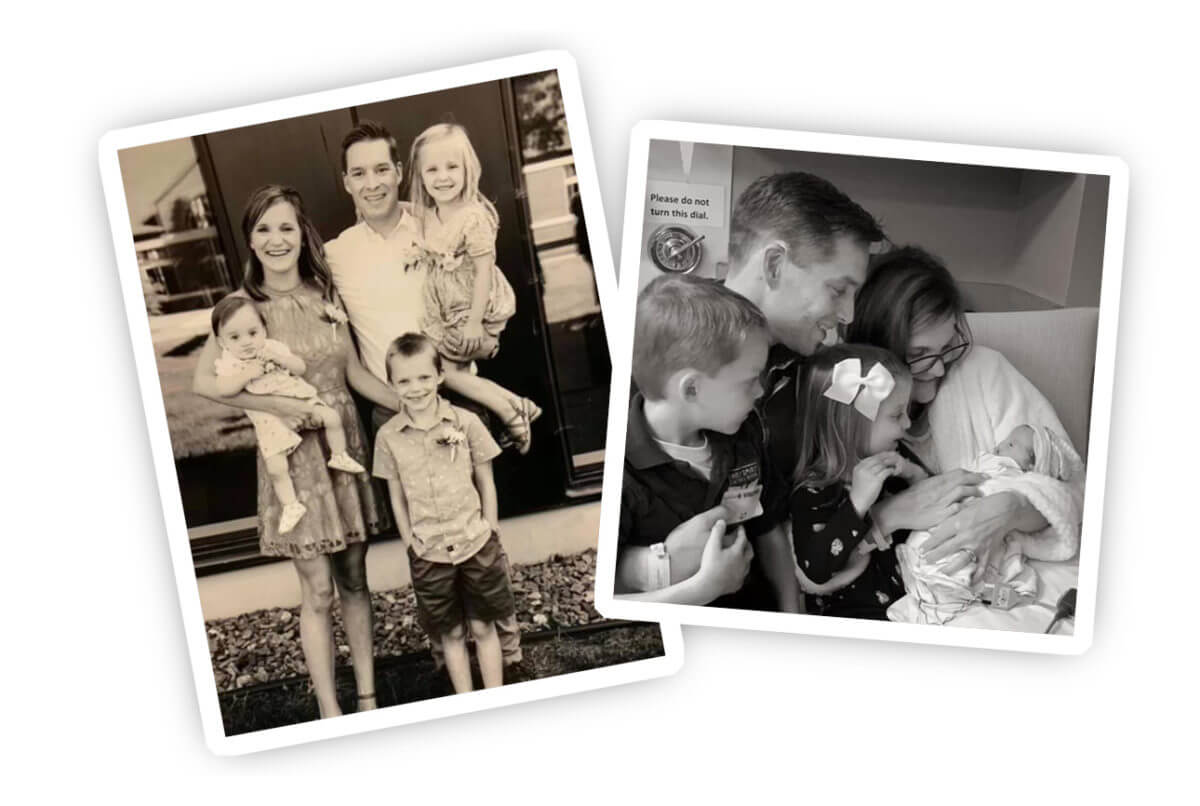
Changes
I know we need to make changes, but I don’t have all the answers. I remain curious. Let’s start having these conversations; let’s continue these conversations. Let us remember there is always help and there is always hope.
And that we all have our strengths and struggles.
National Physician Suicide Awareness Day is September 17th. If you find yourself struggling, having thoughts of suicide, or want to learn how to continue these conversations, visit Vital Signs.


